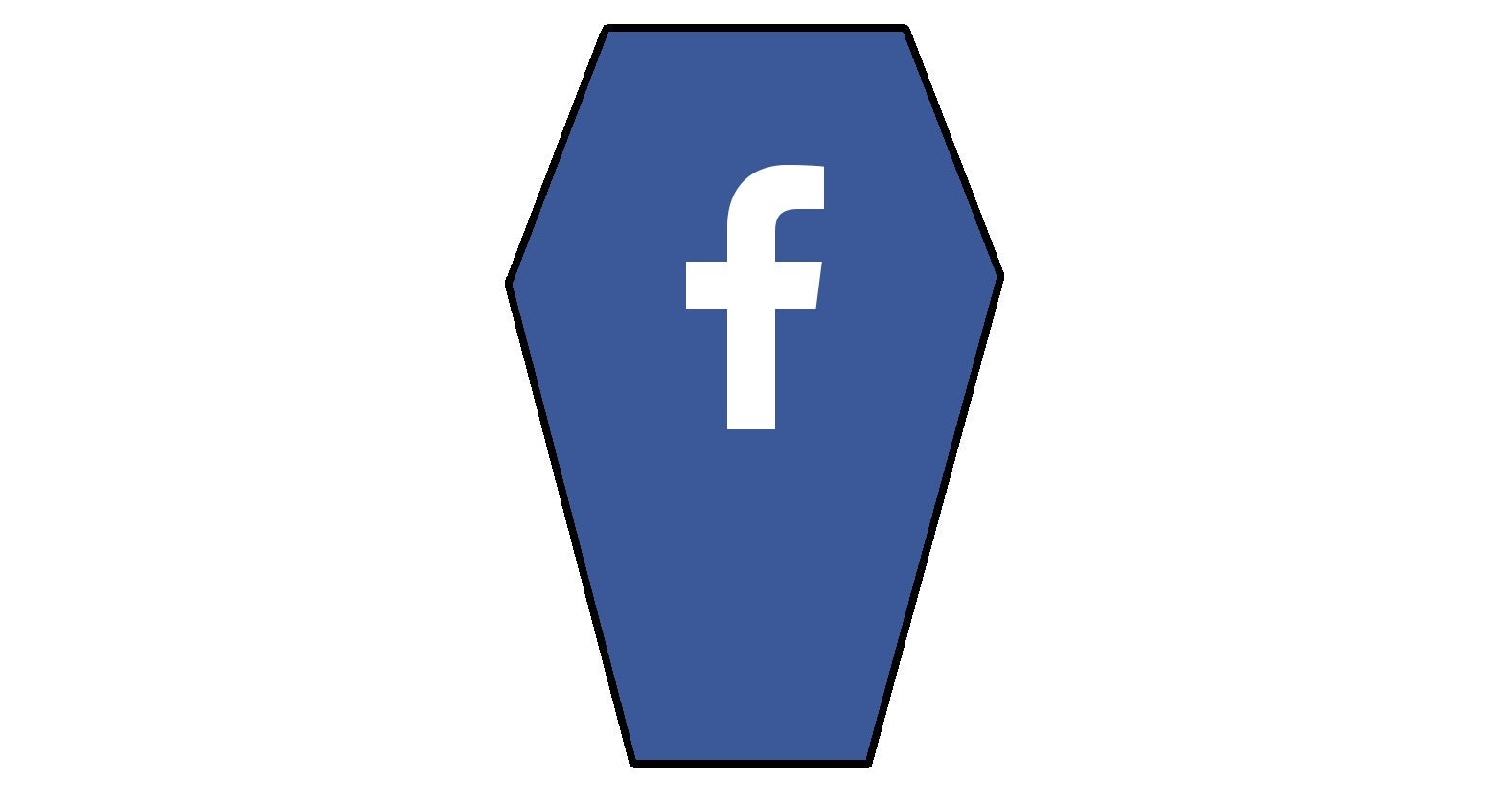Facebook dead set to outnumber the living as 'Legacy contacts' turn profiles into museums
If you died today, what would your online life look like?

Your support helps us to tell the story
From reproductive rights to climate change to Big Tech, The Independent is on the ground when the story is developing. Whether it's investigating the financials of Elon Musk's pro-Trump PAC or producing our latest documentary, 'The A Word', which shines a light on the American women fighting for reproductive rights, we know how important it is to parse out the facts from the messaging.
At such a critical moment in US history, we need reporters on the ground. Your donation allows us to keep sending journalists to speak to both sides of the story.
The Independent is trusted by Americans across the entire political spectrum. And unlike many other quality news outlets, we choose not to lock Americans out of our reporting and analysis with paywalls. We believe quality journalism should be available to everyone, paid for by those who can afford it.
Your support makes all the difference.What to do with the dead? It's a puzzling problem, and our most common solutions for physical remains - burning them or burying them in the earth - are pretty bizarre when you think about.
Our digital remains are similarly troublesome. Should your Facebook profile live on after you die? Should it be altered so as to accurately reflect how you lived? If so, is that ill-advised hot tub photo you didn't know you were tagged in a fitting exhibit in the Museum of You? Are you comfortable with the last thing you ever did on this planet, according to the internet, being when you took a photograph of a moderately delicious lunch?
Until today, the profiles of the dead were either deleted or frozen, but now Facebook has enabled users to select a 'legacy contact', who will serve as curator of your page when your time is up.
They can write posts on your timeline, respond to new friend requests (presumably the first friendships forged from the beyond) and update your profile picture and cover photo.

This is an enormous burden of responsibility for the legacy contact, and requires a good amount of trust on behalf of the deceased. What if they mess it up? I like that my cover photo is a picture of DJ Khaled popping a magnum of champagne in a swimming pool, I don't want it to be a floral arrangement all 'RIP Chris, he died so young.'
If we suppose that Facebook is still around decades from now, and social media isn't just mainlined straight into our eyeballs, there will inevitably come a point when the dead outnumber the living, and it could become a pretty macabre place.
Posthumous Facebook pages can serve as charming tributes, where people can get together and remember friends and loved ones they have lost, but having hundreds of them floating around in friend lists could be a bit like living in a graveyard.
And if Facebook profiles become the digital funeral stones or museums of the future, what if your legacy contact doesn't have time to keep the flowers/content fresh? We could conceivably end up with Facebook curation as a profession. Online undertakers (Will be copyrighting this and getting Tom Cruise/Liam Neeson on the phone).
Facebook has become a huge part of our lives but it's difficult to predict how it will end up sitting in the fabric of our history. Right now, Facebook promises not to share any of your private messages after you die, but it's only a company and can be bought, sold and abandoned. The TMZ of the future might not need to rely on leaks for gossip, everything you've ever said and done is already out there.
Join our commenting forum
Join thought-provoking conversations, follow other Independent readers and see their replies
Comments